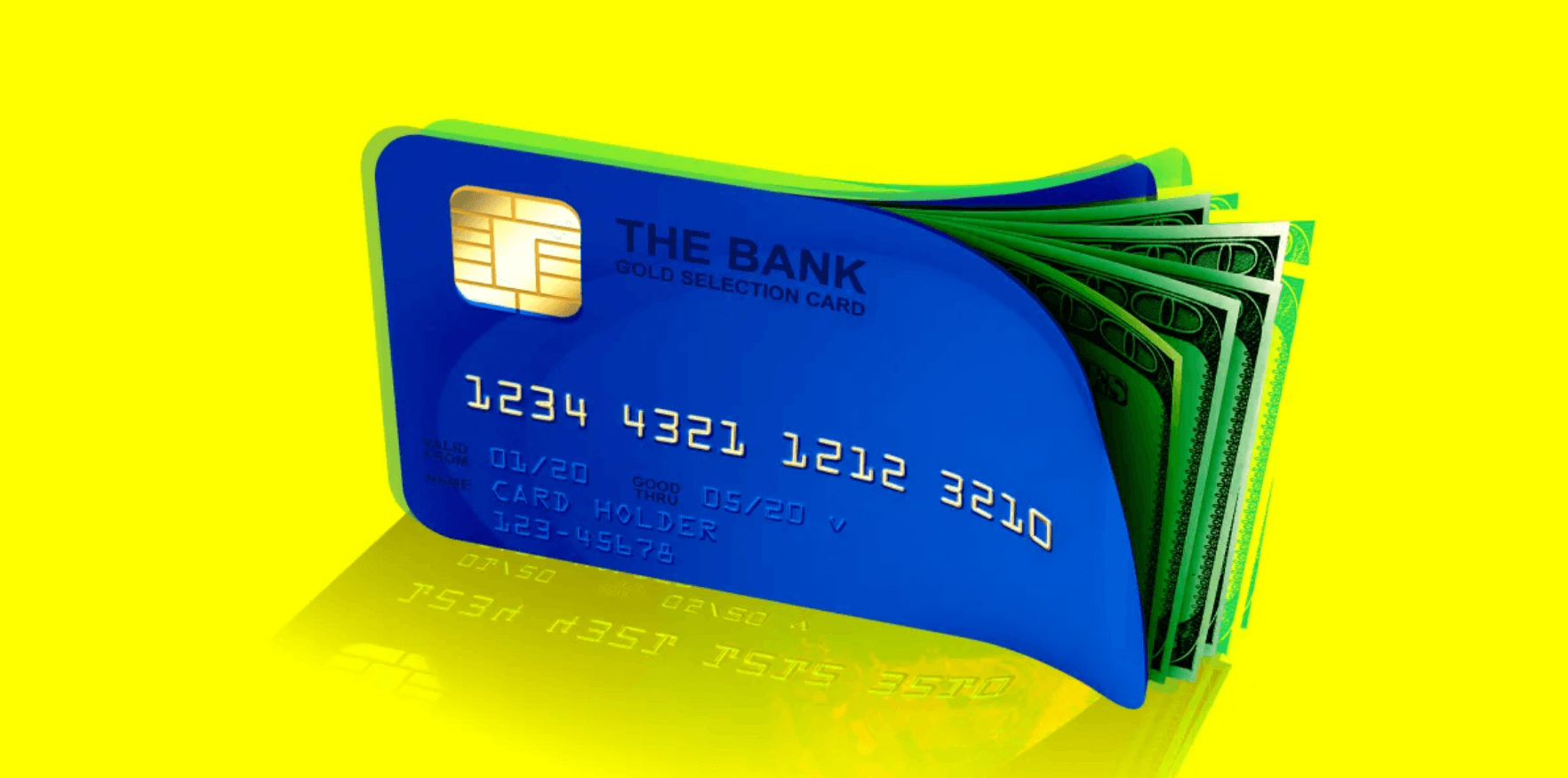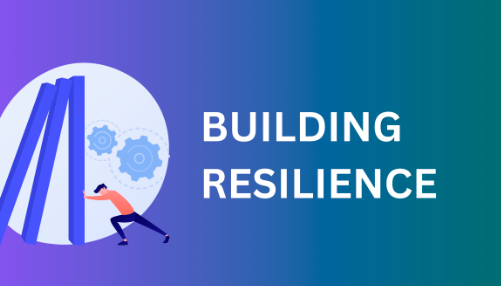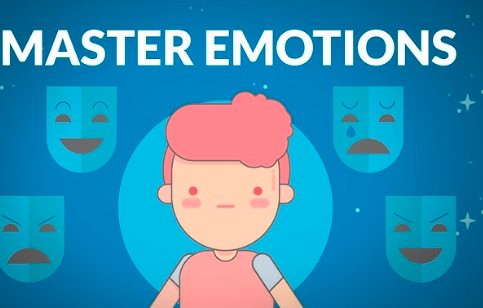In the realm of personal finance, understanding the ins and outs of credit cards is paramount. One often-overlooked aspect is the concept of what is a cash advance on a credit card. Let’s delve into the intricacies of this financial tool and explore when it might be a lifeline or a potential pitfall.
How Does a Cash Advance Work?
A cash advance is a financial transaction that allows credit cardholders to withdraw cash directly from an ATM or a bank. Unlike typical credit card purchases, this advance is a loan from the credit card issuer. It’s essential to recognize that the dynamics of a cash advance differ significantly from regular card transactions.
When you initiate a cash advance, the credit card issuer provides you with a sum of cash, subject to a predetermined limit. However, unlike ordinary purchases, cash advances often incur higher interest rates and additional fees.
When to Consider a Cash Advance
Cash advances are not to be taken lightly, but there are situations where they might be a viable option. Emergencies, such as unexpected medical expenses or car repairs, could warrant a cash advance. However, it’s crucial to carefully weigh the pros and cons before deciding to proceed.
Considering the high costs associated with cash advances, alternative financial solutions should be explored first. Financial advisors often recommend exhausting other options before resorting to this form of credit.
Process of Obtaining a Cash Advance
If you find yourself in a situation necessitating a cash advance, understanding the process is crucial. Typically, you can request a cash advance through your credit card issuer’s online portal, over the phone, or at an ATM. It’s important to note any limitations and restrictions imposed by the issuer.
Additionally, credit card companies may set daily or per-transaction limits on cash advances. Being aware of these limits can help you plan your financial moves more effectively.
Interest Rates and Fees
The convenience of a cash advance comes at a cost. Interest rates for cash advances are often higher than those for regular transactions. In addition to interest, credit card companies may impose cash advance fees, which can further add to the overall expense.
Before opting for a cash advance, carefully review the associated interest rates and fees. Understanding the financial implications is crucial to making an informed decision.
Implications for Credit Score
Another aspect that individuals should consider is the impact of cash advances on their credit scores. While the act of obtaining a cash advance itself may not directly affect the credit score, the increased credit card balance and potential difficulty in repaying the borrowed amount could lead to negative consequences.
To mitigate these effects, it’s advisable to repay the cash advance as quickly as possible. Responsible financial management is key to maintaining a healthy credit score.
Alternatives to Cash Advances
Considering the potential drawbacks, exploring alternative financial options before opting for a cash advance is prudent. Personal loans, borrowing from friends or family, or even negotiating payment plans with service providers are viable alternatives that may carry lower costs and fewer risks.
Financial advisors can provide personalized guidance based on individual circumstances, helping to navigate through challenging financial situations.
Common Misconceptions
Cash advances are surrounded by various myths and misunderstandings. One common misconception is that a cash advance is a quick and easy solution to financial woes. In reality, the associated costs and potential long-term consequences make it a less attractive option compared to alternatives.
Addressing and dispelling these misconceptions is crucial for individuals to make well-informed financial decisions.
Tips for Responsible Use
For those who decide that a cash advance is the most viable option, adopting responsible borrowing practices is paramount. It’s essential to borrow only what is absolutely necessary and to have a clear repayment plan in place. Avoiding unnecessary expenses and diligently repaying the borrowed amount can help minimize the financial impact.
Case Studies
To illustrate the practical implications of cash advances, let’s examine a couple of case studies. These real-life examples will showcase scenarios where a cash advance might be a reasonable choice and situations where alternative solutions would have been more appropriate.
- Emergency Medical Expenses
- In a situation where immediate medical attention is required, a cash advance might be a quick way to cover expenses.
- Unexpected Job Loss
- If faced with sudden unemployment, exploring government assistance programs or personal savings might be more prudent than resorting to a cash advance.
Regulations and Legalities
Cash advances are subject to regulations and legalities that vary by jurisdiction. Understanding the local laws governing these transactions is crucial to ensuring fair and transparent dealings with credit card issuers.
Consumer protection laws may offer safeguards, and individuals should be aware of their rights when engaging in cash advance transactions.
Credit Card Terms and Conditions
Before applying for a credit card or utilizing its features, it’s imperative to read and understand the terms and conditions. Specific clauses related to cash advances, including interest rates, fees, and repayment terms, should be thoroughly reviewed.
Being well-versed in these details empowers individuals to make informed decisions about their financial choices.
Expert Opinions
To gain valuable insights into the world of cash advances, we consulted with financial experts. Their opinions provide a nuanced perspective on when cash advances may be appropriate and how individuals can navigate these financial waters responsibly.
- Financial Advisor – Susan Thompson
- “Cash advances should be a last resort. Exploring other financial options first is crucial to avoid unnecessary costs.”
- Credit Score Specialist – Mark Rodriguez
- “While cash advances don’t directly impact credit scores, the associated debt can lead to financial strain. Repaying promptly is key.” Read more…
Conclusion
In conclusion, a cash advance on a credit card is a financial tool that should be approached with caution and understanding. While it may serve as a lifeline in emergencies, the associated costs and potential implications on credit scores necessitate careful consideration.
Being well-informed, exploring alternatives, and adopting responsible borrowing practices are vital elements in managing financial challenges effectively. By making informed decisions, individuals can navigate through tough times without compromising their financial well-being.
FAQs
- Q: Does taking a cash advance affect my credit score?
- A: While the act itself may not directly impact your credit score, the increased balance and repayment issues can have consequences.
- Q: Are there alternatives to cash advances for emergency situations?
- A: Yes, alternatives include personal loans, assistance programs, and negotiating payment plans with service providers.
- Q: What fees are associated with cash advances?
- A: Cash advances typically come with higher interest rates and additional fees, such as cash advance fees.
- Q: Can I negotiate the terms of a cash advance with my credit card issuer?
- A: It’s advisable to discuss your situation with the issuer; however, terms are often predefined in the credit card agreement.
- Q: How can I minimize the impact of a cash advance on my credit score?
- A: Timely repayment and responsible use of credit can help mitigate the potential negative effects.











